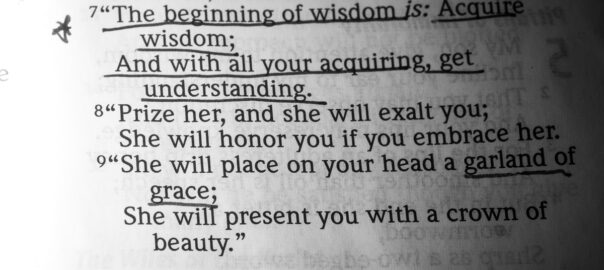
Dear friends,
We are excited about the new book, Life in 5D: A New Vision of Discipleship that will be available for wider distribution early in 2023…stay tuned! You can go to www.discipleshipdynamics.com for more insights and to experience the life-changing assessment that anchors the book.
Here are some thoughts from 2022 for 2023:
Can we find two minutes to breathe in the goodness of God, and breathe out our burdens? I find I need to pause often and pray, “Lord, how grateful I am for your presence…and here are my deep concerns.” There is a reason the Holy Spirit is seen as breath (ruach…pneuma) …we serve a living God who animates all creation, sustains our life, and empowers flourishing. Let’s pause, take a breath, and know we are loved.
All good work is a “thank you” to God for the grace and mercy we receive in Christ. Our Creator is an Artist, and each of us is a masterwork of divine love.
In memoriam: New Testament scholar and passionate Pentecostal leader Dr. Gordon Fee passes away in 2022. When I was a student in Bible College, Dr. Fee gave a series of lectures on the kingdom of God at our school and local church. He changed my life, when, in the course of one morning, he did a detailed, academic exegesis of Scripture and led a prayer and healing meeting. I realized that head and heart could be integrated in a mature way and both passion and principle are vital for faith.
Dear struggling friend: in Jesus, God forever became one of us. You are made in God’s image and invited to allow Christ to bring beauty in the midst of brokenness. Please receive the divine affirmation today: you matter. Your value is affirmed in your very being and reaffirmed in the Cross and Resurrection: you are the joy set before Jesus as he took on our sins and sorrows, sufferings and unanswered questions.
I am hopeful today. Yes, I have eternal hope in Christ and the expectation that, “all shall be well, and all manner of things shall be well.” (Julianna of Norwich) In the meantime, the Holy Spirit is working, bringing many foretastes of the future as we call people to faith, work for justice, and joyfully delight in the forgiveness, deliverance, healing, and reconciliation found in Christ. No good work is unimportant and our daily labor is not in vain.
Dear doubting and deconstructing friends: Disappointment in God and the Church is understandable. Inexplicable tragedies, hypocritical adherents, and emotional and relational hardship scar our psyches. I will be your friend and listen to your cries. I will also welcome you home to Christ as you ponder that Jesus knows undeserved suffering, unanswered questions, and truly understands your journey. Mature faith is often born in doubt.
When I was 17 and in the midst of family crisis, my local church surrounded me with love, from my peers in the youth group, to spiritual parents and pastoral mentors. One refrain from them all stays with me to this day: “You are loved by God. His love is unconditional, and the Cross proves your worth. Let his love bring peace and strength.” Holiness and hard work are a thank you, not conditions of God’s love.
Forgiveness is powerful. It is not excusing the wrong actions of others or ourselves, but choosing a new future. Through the Cross, we are forgiven, and we are now called to extend the same to others. Forgiveness does not erase history, but it begins healing. Even if the other wrongdoer is not penitent, choosing a new future liberates us.
Daily gratitude positions our hearts, heads, and hands for loving service to God and others. Our affections are purer, our minds are clearer, and our daily work is more meaningful when we love our lives as a thank you to Christ.
To all friends who feel, “in between” in life: it is these moments that deepen our faith, increase our fortitude, and develop resilience. This moment is not forever, but our God is forever faithful. Stay steady, guard your inner imaginations, and pray and share with trusted fellow pilgrims. All shall be well.
See you next year!




